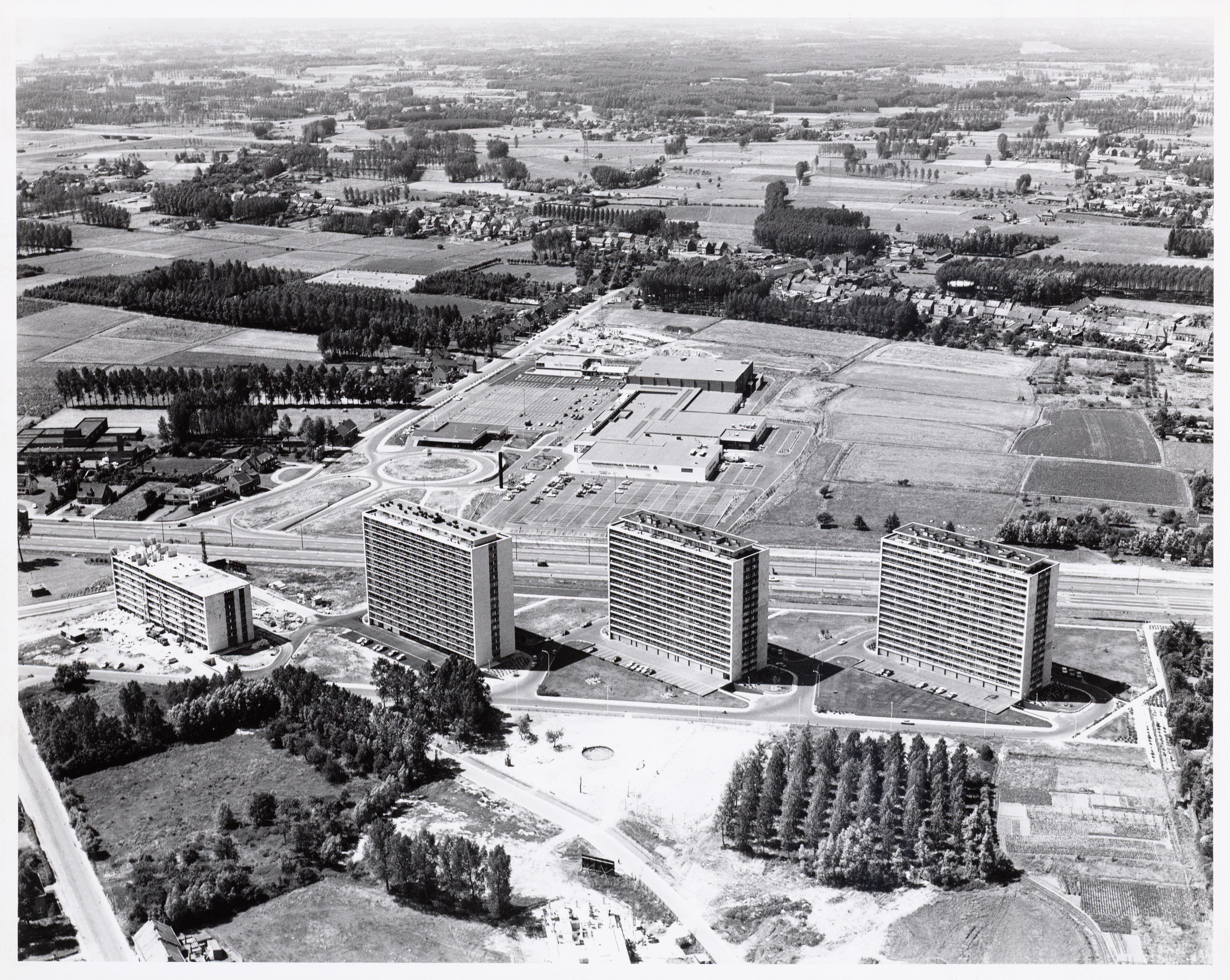PAST TALKS 2022
10 May 2022
LAURENCE HEINDRYCKX
Ghent University
Respondent:
Sarah Melsens
University of Antwerp
![]()
MARTIN DUMONT
Ghent University
Respondent:
Alistair Kefford
Leiden University
![]()
Throughout the second half of the 21st century, Brussels has continuously strengthened its role as an important administrative centre. After the war, the state’s growing role and the settlement of European institutions in Brussels significantly increased its administrative function. The reinforcement of Brussels as a decision centre drained many services and institutions, hence fuelling an ever-growing demand for office spaces. The situation was a blessing for British property developers seeking profitable investments outside the commonwealth. Between 1965 and 1976, these developers constructed almost 3 million square metres of office spaces in the Belgian capital. However, Brussels was totally unprepared to accommodate this great leap forward into the post-Fordist economy. The lack of planning tools, the fragmented governance, and the political desire to modernise the city opened the way for a speculative fever that would mark Brussels forever.'Captains of Industry' and the Metropolitan Nexus: Private Mass Housing Development in Twentieth-Century Belgium
LAURENCE HEINDRYCKX
Ghent University
Respondent:
Sarah Melsens
University of Antwerp

This presentation focuses on the production of the two major residential developers, Jean-Florian Collin (Etrimo) and François Amelinckx (Amelinckx N.V.), who built over 70,000 apartments in the metropolitan agglomerations of twentieth-century Belgium. Both developers were successful at 'a game of their creation,' pioneering mass housing development in Belgium and Europe more broadly. Their large production constitutes an 'invisible city' we know very little about, but that can be used to explore critical aspects of urbanization in 20th-century Belgium.
Rather than solely studying these two developers, this research seeks to understand the interaction between their seemingly straightforward (even 'banal') production and the metropolitan landscapes that they coproduced. It examines the projects they realized as a combination of the 'space' given to them and the 'space' that they claimed. This perpetual interplay between discrete conditions and actors in the developing process is defined as a 'metropolitan nexus', that is, a site of constant renegotiation of the urbanization process.
This production perspective makes it possible to look at processes of urban expansion and twentieth-century planning in Belgium from a different angle, namely, from the standpoint of the built reality and the 'captains of industry' that coproduced it. This perspective has had little currency among historians of modern Belgian architecture and cities but is particularly useful for interpreting development patterns in a country (Belgium) that lacks a strong planning culture.
***Rather than solely studying these two developers, this research seeks to understand the interaction between their seemingly straightforward (even 'banal') production and the metropolitan landscapes that they coproduced. It examines the projects they realized as a combination of the 'space' given to them and the 'space' that they claimed. This perpetual interplay between discrete conditions and actors in the developing process is defined as a 'metropolitan nexus', that is, a site of constant renegotiation of the urbanization process.
This production perspective makes it possible to look at processes of urban expansion and twentieth-century planning in Belgium from a different angle, namely, from the standpoint of the built reality and the 'captains of industry' that coproduced it. This perspective has had little currency among historians of modern Belgian architecture and cities but is particularly useful for interpreting development patterns in a country (Belgium) that lacks a strong planning culture.
Brussels, a Speculative Playground for British Developers
MARTIN DUMONT
Ghent University
Respondent:
Alistair Kefford
Leiden University

This contribution proposes exploring how this transformation was documented on public television. As the primary source of material, we will revisit Henri Mordant’s documentary on British investments in Brussels. Broadcasted in 1974, the reportage titled 'Nous avons acheté la moitié de Bruxelles, et l’autre est à vendre…' marked a shift in the positioning of the media regarding the modernisation of the Belgian capital. This contribution will first replace the documentary in Mordant’s work and outline the main characteristics of his peculiar style of journalism. Second, we will discuss the three main themes addressed in the documentary. Why did British developers invest in Brussels? How did these investments materialise, and how did they change the city? And what has been the civic and political reaction to it?